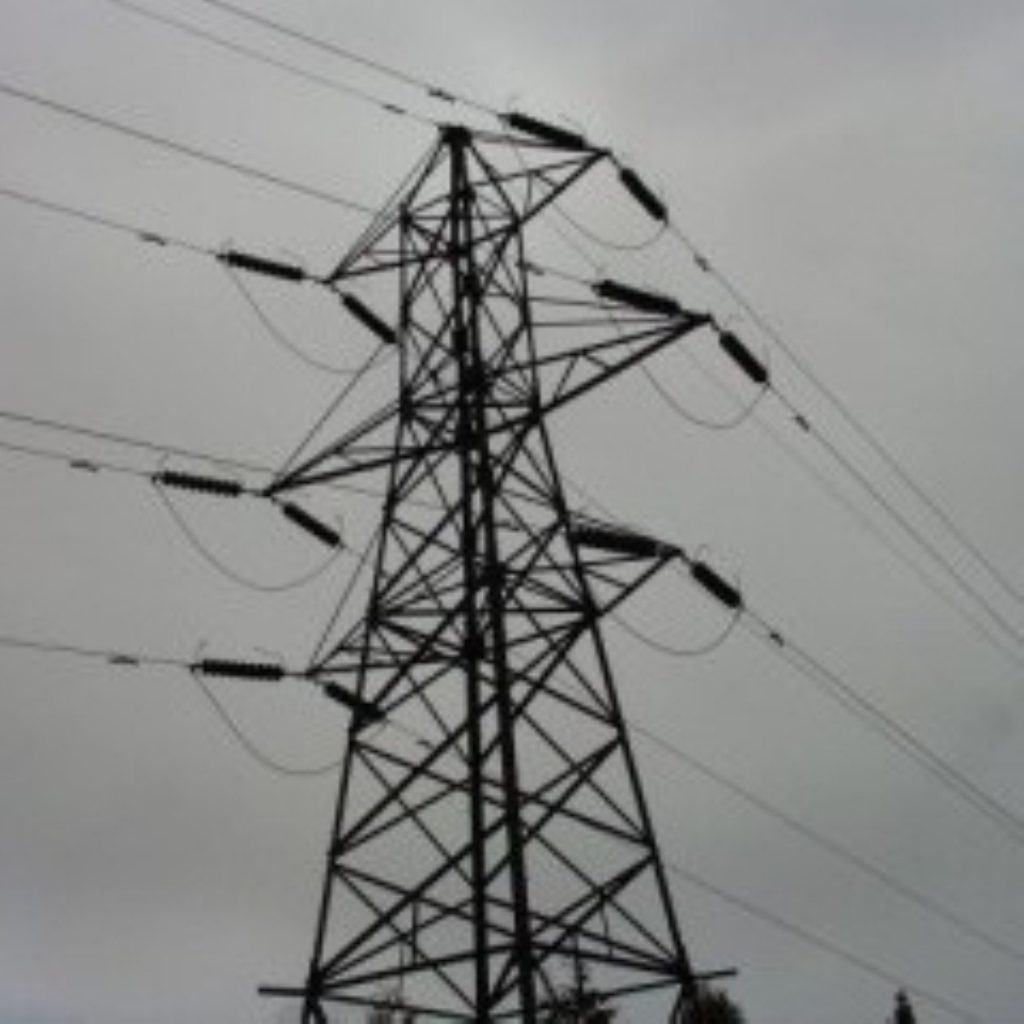Sellafield Thorp plant ‘to close’
The nuclear reprocessing operation at Sellafield will close by 2010, less than 20 years after it opened with a promise of unlimited energy, according to a newspaper report.
The Guardian newspaper carries the story that British Nuclear Fuels (BNFL) plans to shut the ‘Thorp’ nuclear reprocessing plant at Sellafield, which was built to reprocess nuclear waste to create more fuel.
The idea that nuclear waste could be used to create more nuclear material fuelled visions of an inexhaustible supply of electricity, but has not materialised with the plant running below capacity.
After less than ten years in operation, the newspaper suggests many tonnes of plutonium and uranium are sitting around unused as the industry declines and the firm that owns it moves towards becoming a ‘clean up’ company.


British Nuclear Fuels has started to change its business after running up large debts. There may have been too little demand for its reprocessed fuel, and reprocessing waste is more expensive than storing it for future disposal.
The move might also reflect the gradual closure of magnox nuclear power stations, fuel from which cannot be disposed of in any other way than reprocessing.
The success of plans to devote most of the site to clean up operations, which would see radioactive waste and contamination made safe, will depend on government decisions, the paper reports.
Greenpeace have welcomed the suggested move away from reprocessing work, although they claim it could end sooner than suggested if BNFL allow British Energy to break their contract.
The environmental group also hinted at concern over a future of ‘clean-up’ work, saying: ‘We will be watching very carefully to check that it applies the ‘concentrate and contain’ principle to radioactive waste from the site, rather than just opting to pump more radioactive wastes out into the sea’
However, BNFL has refused to confirm this report, and has stated that an existing £12billion contract will be kept to. By the time it ends the decision is likely to lay with the government owned Nuclear Decommissioning Authority.
This prompted the shadow secretary of state for trade and industry, Tim Yeo, to criticise the Government, saying: ‘The future of the whole British nuclear industry has been undermined by ministerial dithering and by the Government’s refusal to make clear whether it believes nuclear power has a role to play in meeting Britain’s energy needs.’












